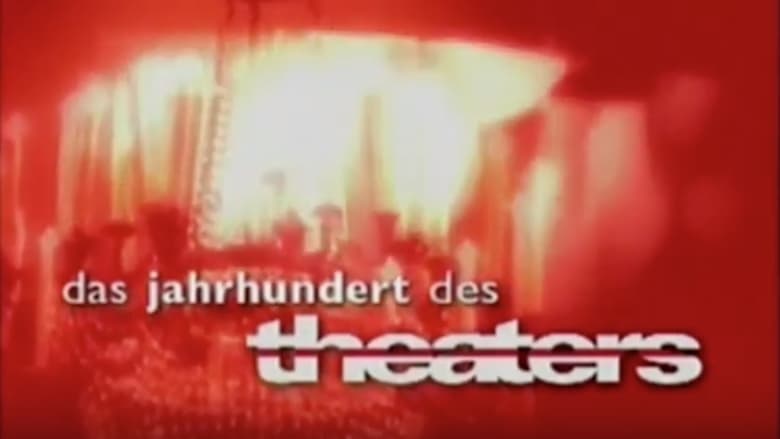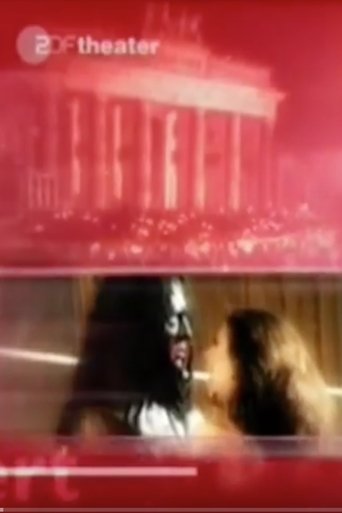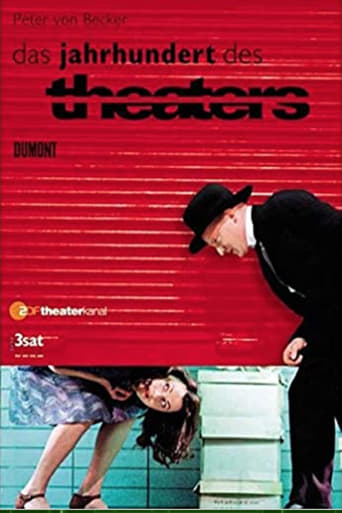
Trailer
Synopsis
"The Century of the Theater" - From the "birth of the director" to the "heroes of modernity" - an overview of the world of theater - illuminates the interaction with the history of the past hundred years is also shown.
Episode 6 : Heroes of Postmodernism - The Theater Between Self-reflection and Crossing the Border 1970–2001
May. 12,2002
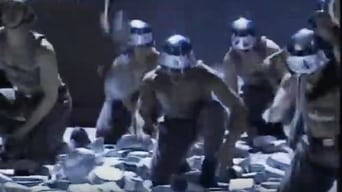
The theater at the end of the 20th century marginalized contemporary drama. But there are also exceptions: Thomas Bernhard's plays, especially in Claus Peymann's productions with Bernhard Minetti, Marianne Hoppe, Kirsten Dene and Gert Voss, become actor festivals. Botho Strauß develops brilliant forms of intellectual social comedy. Franz-Xaver Kroetz renews the dialect-critical folk play. The stage serves less and less as a tribunal for enlightenment, the new media are too fast for the theater and hardly allow current time pieces. Peter Stein contrasts his own wild beginnings with a new fidelity to the work. In addition, the theater of deconstructing given texts flourishes with Frank Castorf and his disciples. Directors such as Robert Wilson and Christoph Marthaler are even more decisive in delimiting the literary-dramatic theater and opening the stage for music, dance and video. This brings the theater closer to its oldest dream: the dream of a total work of art.
Episode 5 : The Children of Marx and Coca Cola - The Theater of Revolt 1963-76
May. 05,2002
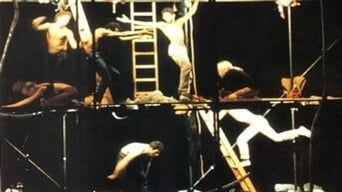
The Cuban Missile Crisis, the Vietnam War, the revolts in Paris and Prague are creating new political awareness, leading to demonstrations and also to artistic provocations. Performance groups such as "Living Theater" and "Bread and Puppet" from New York open up new spaces and playgrounds for the theater - including the street. In Paris, Ariane Mnouchkine and her “Théâtre du Soleil” magnificently put the revolution on stage with “1793” and later on the screen. This is also the beginning of a renewal of the popular political theater, which is particularly evident in Dario Fo's theater. In Germany, the theater in Bremen becomes a source of renewal: the directors Peter Zadek, Peter Stein and Klaus Michael Grüber make classics like Goethe and Schiller contemporary. Peter Weiss proclaims "No revolution without general copulation" in his "Marat / Sade" play, which is a worldwide success on stage and in Peter Brooks film adaptation. With the foundation of the Schaubühne in Berlin by Peter Stein, the “revolteurs” then took over the power in the theater.
Episode 4 : Business game or endgame - Brecht and Beckett
April. 28,2002
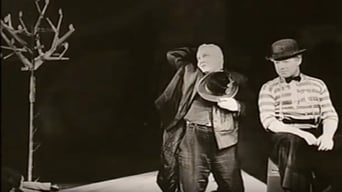
Bertolt Brecht and Samuel Beckett were the antipodes of the theater after 1945. As the last great poet of the Enlightenment, Brecht updated his play "The Life of Galileo Galilei", which was premiered in American exile, after the shock of the atomic bomb on Hiroshima and Nagasaki. Back in Germany, he founded his own theater in East Berlin: the Berlin Ensemble, which set new standards for the international scene. During this time Beckett's rise also began, in 1953 "Waiting for Godot" was premiered. Beckett embodied the radical counter-proposal to the politically committed theater of Brecht: he transformed the aesthetic and historical experiences of the century into pure, existential play. With their productions, Brecht and Beckett became icons of their time. Only the new director's theater emerged from the shadows of the two artists, as the directors themselves became more and more “authors” of the scene.
Episode 3 : Looking back - theater between 1945 - 65
April. 21,2002
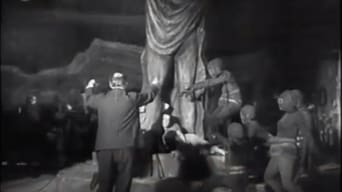
Germany is in ruins, but theater was played again in May 1945. People are looking for entertainment and moral edification. Under the impression of the Cold War, the theater tumbles between the worlds: between renewal and restoration, between taking a breath and protesting outcry. Gustaf Gründgen's “Faust” together with his film version becomes a legend. Brecht's work on the Berlin ensemble has shaped the GDR theater for decades. The returning emigrant Fritz Kortner is particularly fascinating and provocative in West German theater. From the mid-1960s, his productions shaped a new generation of directors. In Italy, a former young partisan, Giorgio Strehler, founded the Piccolo Teatro in the former quarter of the fascist secret police. The new human theater in the former torture house aims to combine political awareness with the most artistic and aesthetic ambitions.
Episode 2 : Games of the Dictatorships 1933-45
April. 14,2002
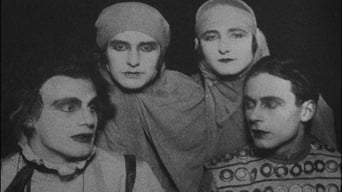
Under the pressure of the totalitarian regimes of Stalinism and Fascism, theater artists in Spain, Russia and Germany increasingly came into conflict between resistance and adaptation. Numerous playwrights and directors went into exile. However, most of them stayed in their homeland and began to come to terms with the Nazis, since they were unable to speak any language other than their mother tongue. From then on, no Jewish or "left" authors were allowed to be played, only classics and apolitical entertainment were still allowed. Gustaf Gründgens, stage star of the century, became general director of the Berlin State Theater despite his connections to "leftist" artists and staged - not only on stage - a clever double play. In the meantime, the system used itself theatrical means and made the state a monumental and cruel "state theater"
Episode 1 : The Birth of the Director
April. 06,2002
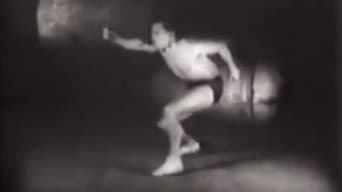
The dawn of the 20th century is changing the performing arts more than ever in its more than two thousand year history. Arthur Schnitzler continues what Ibsen and Strindberg have prepared for the realistic drama under the impression of Freud and psychoanalysis: the human psyche is interpreted for the first time - also on stage. The theater develops from embodied declamation to multi-layered staging. The director was born, it was Max Reinhardt's great theatrical years in Germany and Konstantin Stanislawski in Russia, whose drama theories are still the basis of all stage training to this day.
Seasons
Similar titles
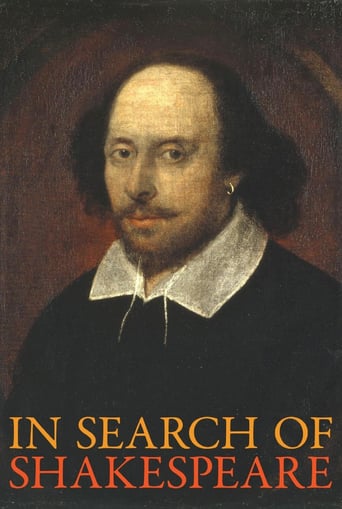
In Search of Shakespeare
Complete four part series exploring the life of the world's greatest and most famous writer. Presenter-led, mixing travel, adventure, live action interviews and specially shot documentary and live action sequences with the RSC on the road. A history series - it focuses not on the plays, but on the history and sets the life of the poet in the extraordinary times in which he lived. We are introduced to the dark world of Queen Elizabeth's police state - a time of surveillance, militarism and foreign wars. We are reminded that Shakespeare lived through the Spanish Armada, the Gunpowder Plot, the colonisation of the New World and the beginnings of British power in America. But most importantly Shakespeare also lived through England’s Cultural Revolution: an enforced split with the old medieval English spirit world which was to lead the English people into a brave new Protestant future.
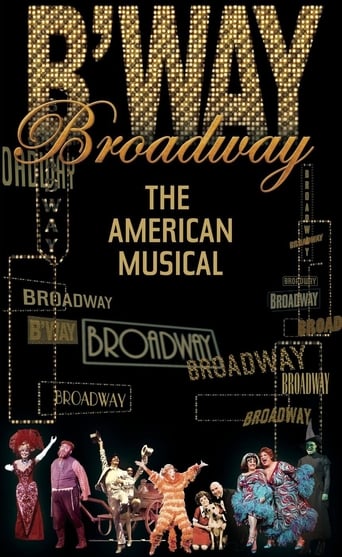
Broadway: The American Musical
This six part documentary miniseries presents the evolution of the Broadway musical from its inception in 1893 to current day 2004. It presents those influential players both on stage and behind the scenes, as well as a variety of influential Broadway shows, a handful which are known to have transformed the musical into what the audience knows it to be today.
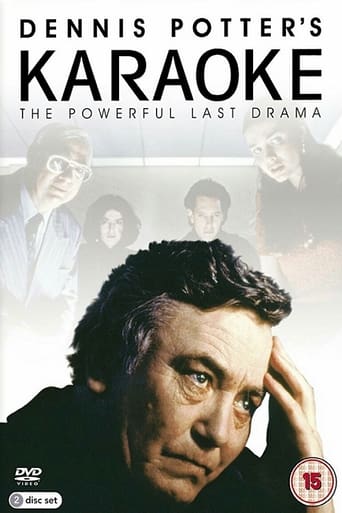
Karaoke
Daniel Feeld, writer of the film Karaoke, starts to believe that his characters are coming alive.

Legally Blonde – The Musical: The Search for Elle Woods
Legally Blonde — The Musical: The Search for Elle Woods is an MTV program created in order to cast an actress to replace Laura Bell Bundy in the role of Elle Woods in the Broadway production of Legally Blonde – The Musical. The show debuted on June 2, 2008.
The winner of the show, Bailey Hanks, in addition to being cast in the role, was given the opportunity to record her own single of the musical's first-act closer, "So Much Better". The show concluded on July 21, 2008. Autumn Hurlbert was the runner up. She served as Hanks' understudy and performed in the ensemble of the show. Bundy's last performance in the musical was on July 20, 2008. Hanks began performances on July 23, 2008 and remained with the show until it closed on October 19, 2008.
Two other show finalists — Rhiannon Hansen and Lauren Zakrin, performed in the Legally Blonde National tour. Hansen played Margot in the musical and Zakrin performed in the ensemble as well serving as understudy to Becky Gulsvig as Elle Woods.
The show began with 15 contestants. All except the winner were eliminated over nine episodes, in which they performed songs and faced other challenges. A three-judge panel made the elimination decisions. Most episodes involved a small prize for the winner of the challenge.
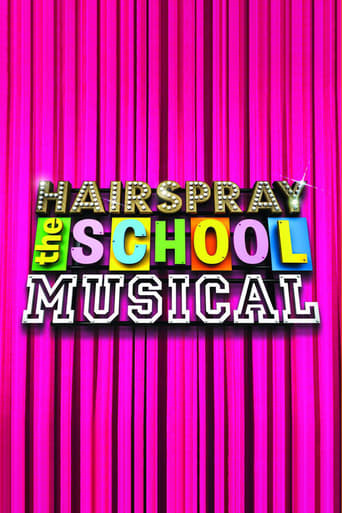
Hairspray: The School Musical
One unsuspecting London high school is presented with the challenge of a lifetime: to audition, rehearse and perform a West End worthy performance of 'Hairspray' in one summer holiday.
Top Streaming TV Show
#1

Grey's Anatomy
March. 27,2005
7.6
#2
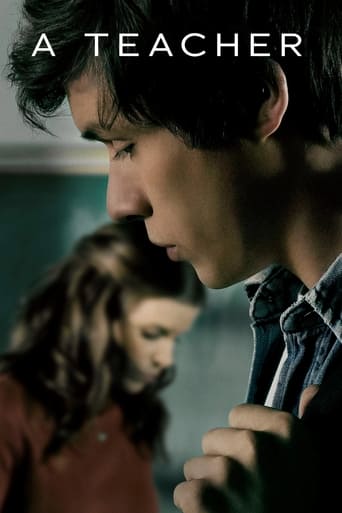
A Teacher
November. 10,2020
6.9
#3
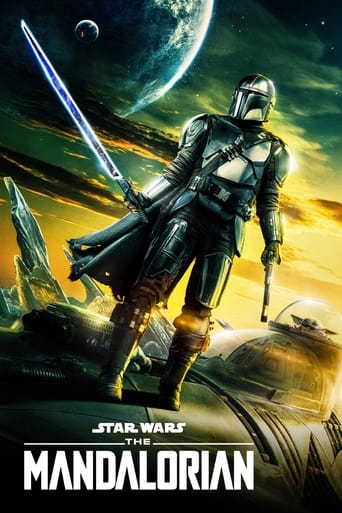
The Mandalorian
November. 12,2019
8.6
#4

Game of Thrones
April. 17,2011
9.2
#5
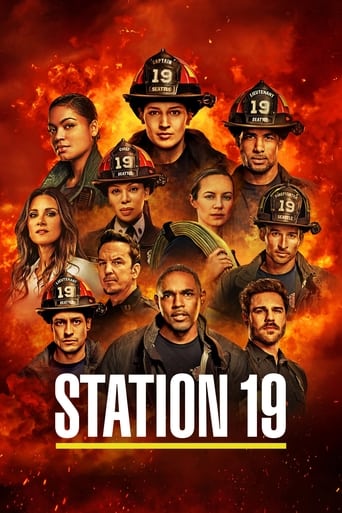
Station 19
March. 22,2018
7
#6
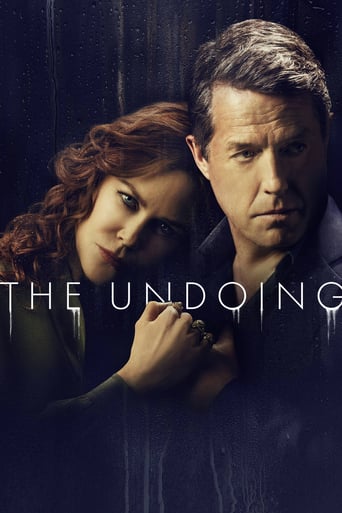
The Undoing
October. 25,2020
7.4
#7
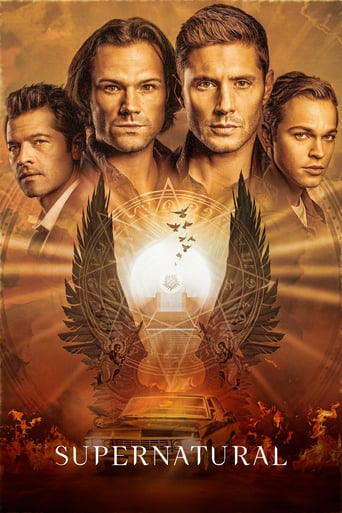
Supernatural
September. 13,2005
8.4
#8
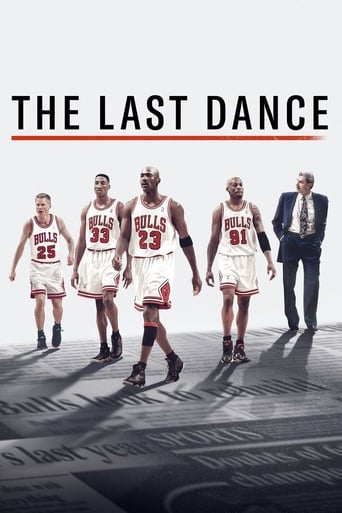
The Last Dance
April. 19,2020
9.1
#9
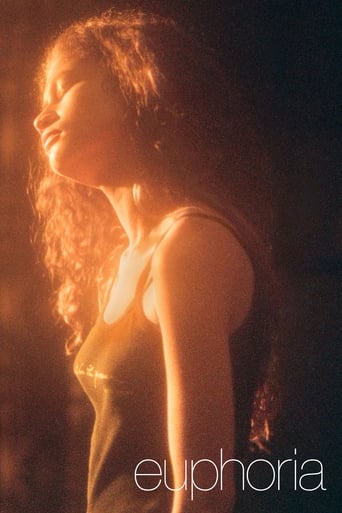
Euphoria
June. 16,2019
8.3
#10
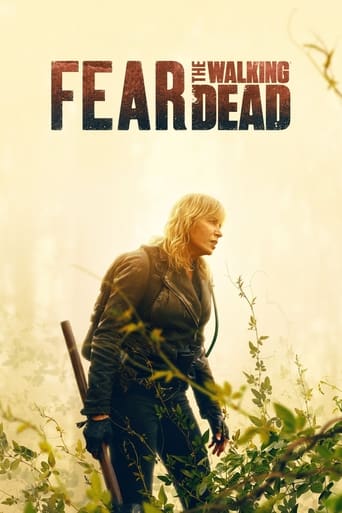
Fear the Walking Dead
August. 23,2015
6.8

